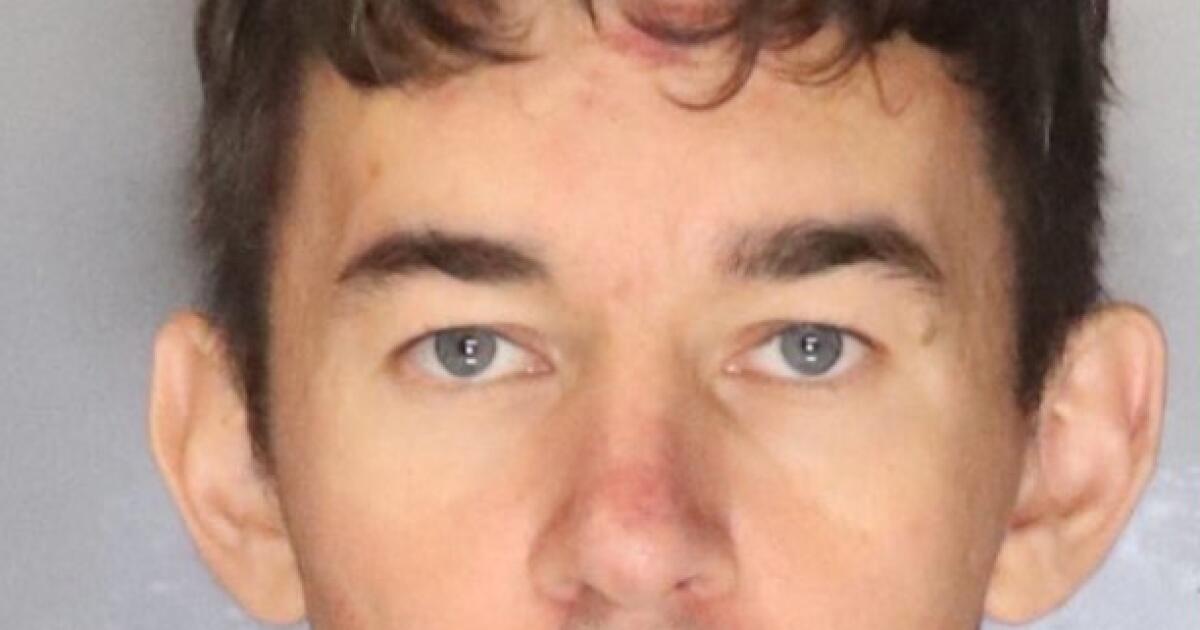The issue of private capital in health care has become a hot topic nationwide. From state legislatures to Congress, policymakers have debated whether there should be limits or even bans on private investments in health care entities.
This debate came to Minnesota last year in the form of HF4206, legislation that would have prohibited private investors from acquiring “direct or indirect” ownership or financial control of certain health care entities like clinics, hospitals, dentists and other providers.
While HF4206 stalled in the Legislature, the issue will likely resurface in St. Paul or Washington, D.C. If the topic does come back, Minnesota elected officials should think twice before shutting the door on responsible private health care investors. Private capital plays a vital role in American health care today, and it could be even more critical going forward.
Since 2006, private investors have allocated more than $1 trillion to U.S. health care. Investments have been made in everything from researching new cures to helping small physician practices keep their doors open. Evidence suggests these investments are leading to innovations that lower health care costs, improve care and expand access to services.
Consider private capital-backed Curana Health. This company partners with senior living communities to provide their residents with on-site health clinics and services. Curana’s concierge health services can be found at more than 1,400 senior living communities across the country, including a number in Minnesota.
There is growing evidence that the services of Curana and other companies like it are leading to better health outcomes for seniors and also saving Medicare money by reducing costly hospitalizations, falls and medication errors.
Private capital is delivering similar innovations in rural health care.
Rural communities face several barriers to health care. Among the biggest is access. In rural areas of Minnesota, residents have to travel hours to see a provider or get to a hospital.
One way private capital helps address this problem is by supporting the expansion of urgent care. Over the last decade, private capital has invested billions in bringing urgent care clinics to communities nationwide. A 2017 study by West Virginia University found that the presence of these clinics in rural areas can lead to fewer hospital admissions and emergency room visits.
Minnesota’s own Mayo Clinic recognizes the important role private capital plays in health care. It maintains the Mayo Clinic Venture Co-Investment Fund, which harnesses resources from private equity and venture capital to support entrepreneurs looking to bring new innovations to health care. Among the beneficiaries of these investments are start-ups and companies in Minnesota’s famed Medical Alley, where scientists, researchers, doctors and others are looking for the latest breakthroughs in medical devices, Biopharma and provider care.
Of course, it is important to acknowledge that not every privately backed healthcare venture has been a success. In addition, there have been high-profile failures where privately-backed companies have been caught wrongly putting profits ahead of patients and turning their hospitals into profit centers that put patients at risk.
Members of Congress and others should be praised for using their platforms and the law to get justice for patients who suffered as a result of apparent mismanagement at Steward. Going forward, however, it is important to ensure that while bad actors are dealt with, space remains for responsible private investors across the healthcare spectrum.

One consequence of the November election is that states like Minnesota will have to do more with less. The new administration is expected to make significant cuts in federal health spending, including slashing money for Medicaid and research grants.
Less money from Washington, D.C., means states like Minnesota will need to find other sources of revenue or find ways to cut costs. In this environment, it will be more important than ever that Minnesota keep the door open for responsible private capital in health care and the innovations it can deliver.
Dario Anselmo is the managing director at DP Property Acquisitions, a tech entrepreneur and a former Minnesota state legislator.








Leave a Reply